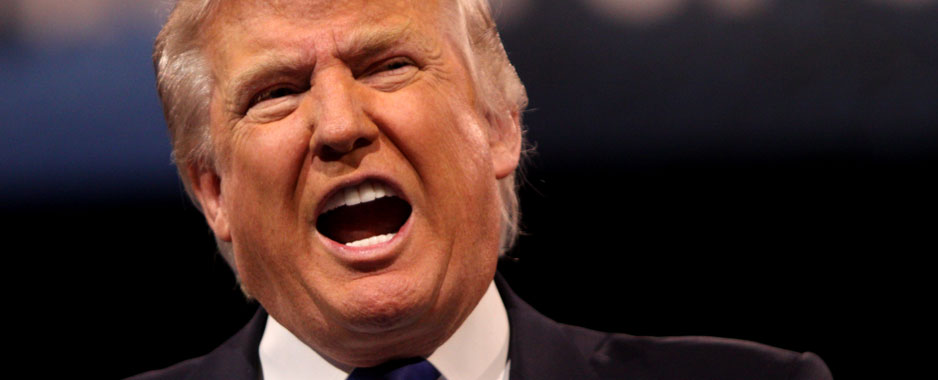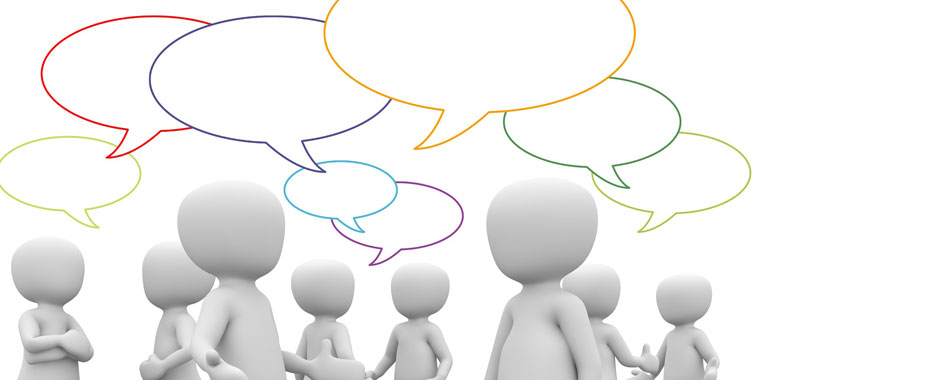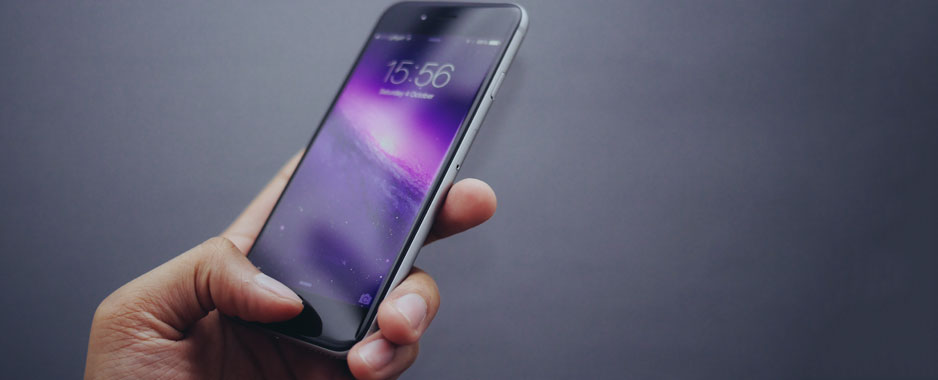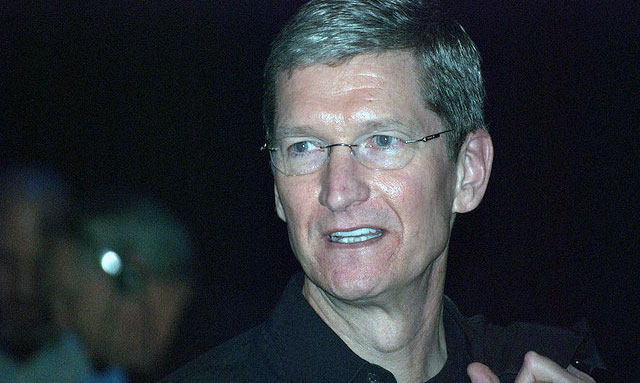Apple’s defiance of the FBI’s request to unlock the work phone of one of the San Bernadino shooters has become an all out PR and legal battle being waged on all fronts. Although the case is ostensibly
Author: The Conversation
In December 2015, the FBI traced the leak of Quentin Tarantino’s The Hateful Eight back to a Hollywood executive. According to The Hollywood Reporter, watermarks on the leaked copy led to
After Super Tuesday, print and broadcast media have woken up to the very real possibility of President Donald J Trump. But they can’t seem to understand that their own decline is a
Luckily no one was injured when one of Google’s self-driving cars this week crashed itself into a bus as it pulled out at a junction. The car was only travelling at 3km/h, after all. The company
Revolutions are, as a rule, rare and momentous processes. But across the African continent the potential is ripe for a clean energy revolution that upsets and leapfrogs the old fossil-fuel order
I’ve designed a mind experiment. If I had to invest all my savings in a single company, and had to choose either Apple, Google (now Alphabet) or Facebook, which one would it be? I would not be able
Remember those big black disks with holes in the middle that used to be played on “turntables”? They’re not actually ancient history. This past year, worshippers at what novelist Michael Chabon calls “the Church of Vinyl” bought 9,2m records. And though
It’s not your imagination. Involvement by managers and employees in collaborative endeavours has increased by 50% in the past two decades, according to research published in Harvard Business Review. The study found that in many companies, the
Who controls what in the digital world? Apple is currently involved in a court face-off with the FBI, and has refused to produce software that would help investigators to unlock the phone of San Bernardino gunman Syed Rizwan Farook. The clash
Apple has been ordered to help FBI investigators access data on the phone belonging to San Bernardino gunman Syed Rizwan Farook. The technical solution proposed by the FBI











